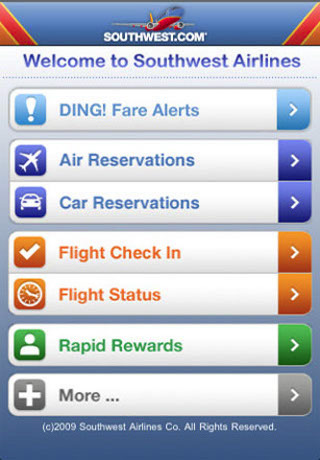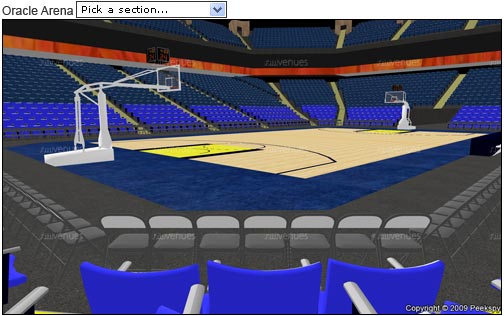 Over the years, technology has changed rapidly, and it advances with a geometric progression rather than an arithmetical one. A decade ago, mobile phones weighed and looked like the size of a house brick. In a blink of an eye, today’s mobile phones are so small and thin that they could even be placed in your chest pocket. What’s more is that the sleek little gadget is capable of helping us complete many of our daily activities, and has even started to replace credit cards and bus passes.
Over the years, technology has changed rapidly, and it advances with a geometric progression rather than an arithmetical one. A decade ago, mobile phones weighed and looked like the size of a house brick. In a blink of an eye, today’s mobile phones are so small and thin that they could even be placed in your chest pocket. What’s more is that the sleek little gadget is capable of helping us complete many of our daily activities, and has even started to replace credit cards and bus passes.
A new report published by Juniper Research has forecast that nearly 15 billion tickets will be delivered to mobile devices worldwide by 2014, a massive seven-fold from this year’s prediction of 2 billion. This astounding figure could potentially mean that wallets and traditional paper tickets for everything from cinema to air travel would be redundant by the next decade.
The study revealed that services in the transport sector are evolving at the fastest pace, with SMS, bar code and app-based services offered by rail and metro providers and airlines. Besides that, analysts over at Juniper Research predicts that major cinema chains, concert organizers and sports teams are latching on to the commercial viability, which would result in cost savings on physical ticketing booths and other aspects. The most evident advantage that mobile ticketing has is that customers would not need to leave the house or line up in long queues to purchase their tickets, thus bringing convenience to users.
Surprisingly, report author Howard Wilcox claimed that 15 billion tickets to be sold via mobile devices is a rather infinitesimal number in terms of percentage of the total tickets issued. “Although 15 billion sounds large, it is in fact it a small percentage of total tickets issued — there is plenty of scope for innovative solutions to penetrate this market. Next steps will see more widespread purchasing on mobiles, as well as use of NFC tickets. Currently however there are only limited examples of NFC ticketing usage outside of the Far East owing to the lack of device availability,” he stated.
Mobile ticketing technology still has a lot of room for improvements. The idea was first made popular when ticket apps start emerging in Apple’s iPhone app store. One good example is Southwest Airlines iPhone app. In an effort to make life easier for their customers, Southwest Airlines has recently launched a iPhone app that allows users to book a flight, check in for your flight, check on your flight status, book a car reservation, etc.

The iPhone app has received pretty good responses from their customers.
“I love it. I’m rarely in front of a computer exactly 24 hours before my flight (when online check-in opens), so this gives me a way to check in, still reserve an A boarding pass, without being at my computer.” ~ Peter Szabo, 31, sales manager at Pandora.
Meanwhile, the eSeats iPhone ticket app, which harnesses the iPhone’s built-in GPS, helps solve the issue of users having trouble to locate and purchase tickets from major sports, concert and theater events on the iPhone.
Other than improving the mobile ticketing technology, a new software has been developed to give customers a pleasant experience when purchasing tickets. A pair of brothers have come up with Fanvenues, a software that displays to buyers of show tickets what the view is like from any given seat in the house. This means music or sports fans will be able to see computer-rendered images of the view from any seat before paying for their tickets.


Mauritians Oliver and Wesley Oxenham, the first to use 3-D modelling technology this way, have already created a database of more than 100 concert arenas and stadiums around the world, including London’s O2 Arena and Boston’s Fenley Park.
They have clinched a deal with Europe’s fastest-growing ticketer, Seatwave. Mr Oliver Oxenham, 28, said of the advantage Seatwave would offer its customers with the software: “You don’t want to buy a ticket and then find out when you get there that there’s a pillar blocking your view.”
Mobile ticketing is currently very popular in Japan, where mobile phone technology is most advanced. But it would take at least a few years for mobile users worldwide to adapt to this “new technology”.
Via Telegraph